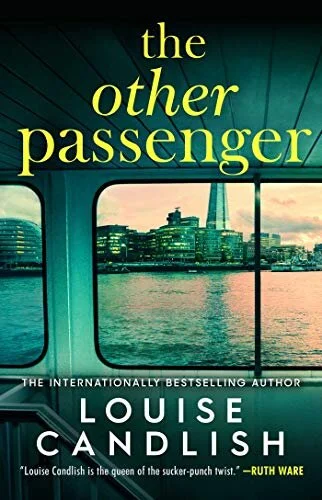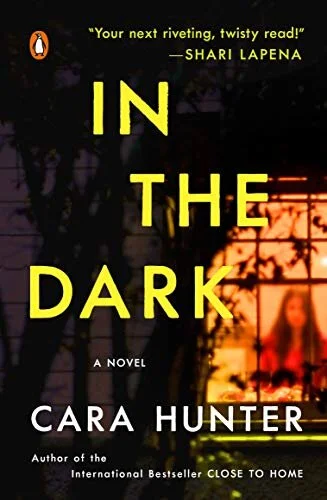Review of a Perfect Storm
I am partial to gritty, tough bars where men eye you like they could pick you apart and hardened women wonder whether you’d survive. But once the bluster eases, and if you return often, you can be accepted among some of the toughest people alive. It is a toughness tempered by pain, disappointment, suffering, and a zestful appreciation of the rare good times when they arrive. Sebastian Junger wrote “The Perfect Storm” after one tragedy to befall the Gloucester seafaring community in 1991 — though it’s known quite a few. Suffering is in its bones. Hard work is etched in sea-salted streets and in the old floorboards of its 100-year old homes, “where grooves have been worn… by women pacing past an upstairs window, looking out to sea.”
The author was once a tree-cutter who sought solace in beers well-earned, sitting in booths in the second roughest bar in Glouchester, called the Nest — the roughest, the Mariner, just down the street. He had already endured those aforementioned glaring looks until, after so many beers over so many days, he had finally been tolerated, if not welcomed. But when he heard about this tragedy, he felt a calling to write about it, and yet, was afraid of asking these proud men and women to speak openly about their deeply personal loss. He had imagined walking in and after one question be keelhauled out the front door, and he almost was by one man, but slowly, due to his familiarity and the Nest being like a home to some, he was allowed in, and slowly they opened up to him.
The cruelty of the sea forges the character of the men and women of this town that is clear. Christina (Chris) Cotter, an attractive, brawling, hard-living divorced mother of three, fell in love with young Bobby Shatford, a local boy, father of two, himself getting a divorce. He bartended and fished to pay off court-ordered alimony, and just after he proposed to Chris, he got a berth on the Andrea Gail, the ill-fated fishing vessel that this terrible storm revolves around. While Bobby Shatford looked the part of a quintessential fisherman, his Captain, Billy Tyne, was the man who truly loved to fish. Though the skipper’s pay helped, the pressures of living on land were far more challenging to Billy than the dangers of storms, engine trouble, errant hooks, and any other life-threatening hazard of this brutal profession. True fisherman like Billy are relatively rare, though. Most men heading to sea did so because they had been broke, had no other offers, and needed money fast.
The heart of the story of course is knowing the people suffering this harrowing storm, and Sebastian Junger delivers the goods. He dives into their personalities and intimate lives, making this tale feel real and the storm chilling when it arrives. Allowing the reader to get to know the people on the boat makes it seem like we are there with them. The hope for survival only grows as the tale unfolds, especially when the author expands the story to include the lives of countless others on many different vessels in that sea, from a pleasure yacht to a cargo tanker to even a crashed Coast Guard search and rescue helicopter.
While the tempestuous sea had the final word, the author delivered a thrilling account of it.
Check it out.











Haunting Pasts Wins for Best Suspense and Best Mystery! — Trevor Wiltzen